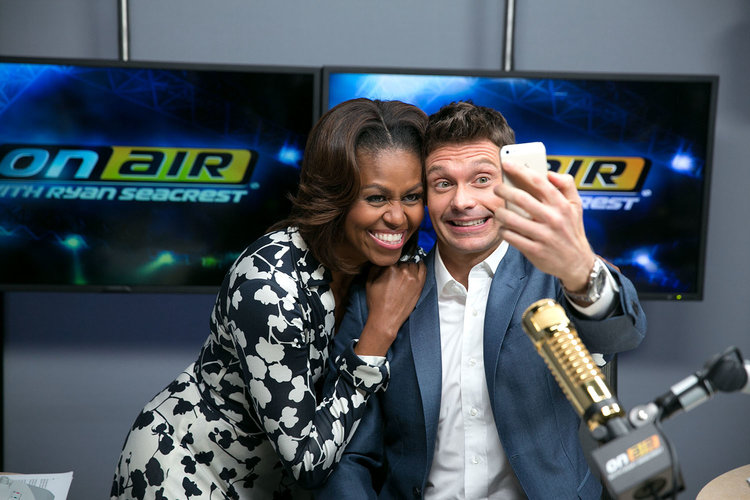Every time I open up LinkedIn, I’m greeted with a photo of one of my connections.
He’s always smiling widely, with his arm around some famous (or semi-famous) person.
I have to admit that, the first few times, I found it tacky.
But now it’s starting to grow on me.
My perception of this person, who I had always considered something of a nobody, has changed.
“If he’s able to meet with all these important people, he must be more impressive than I thought…”
His strategy is exceedingly common. In fact, it’s one of the most popular reputation-building strategies around.
I call it “power through association”.
Everyone does it. It’s the reason that celebrities are mobbed by hundreds of selfie-starved strangers each time they go out.
It’s the reason that we tell our friends about that “one time we met MC Hammer”.
It’s also the reason that we fight to join selective clubs & organizations full of prestigious people (including colleges like Harvard, Stanford, etc).
By attaching ourselves to those with more status than ourselves, we’re able to elevate our image. We’re able to steal a little bit of their thunder.
One of the best practitioners of this tactic is our current president, Donald Trump.
In fact, “power through association” was one of his most commonly used persuasive tactics all throughout the campaign.
I wrote about his use of this tactic in my May 2016 article, How Trump Won:
“Trump loves talking about people that like him or agree with him. For example, during the third Republican Primary Debate, when Trump was pushed on his tax plan, he associated himself with a financial authority, Larry Kudlow, to fight back against audience & moderator criticism… By associating himself with highly regarded people, Trump is able to make himself more credible and authoritative.”
This is also the primary tactic used by traditional “brand advertising” firms. A large portionof the print and video ads they create feature some celebrity. It’s a costlier, higher production version of what my LinkedIn friend is doing.
And even though we know that celebrity endorsements are staged (just like the aforementioned LinkedIn photos), they still change our behavior.
As Anita Elberse, a professor at Harvard Business School, writes in one of her studies on celebrity endorsements:
“In this study of athlete endorsements, we find there is a positive payoff to a firm’s decision to sign an endorser, and that endorsements are associated with increasing sales in an absolute sense and relative to competing brands… Signing the kinds of endorsers that featured in this study on average generates a 4% increase in sales…”
So the next time you run into a celebrity, big or small, whip out your phone and ask for a selfie. Your personal brand will thank you (even if some of us will initially judge you).





